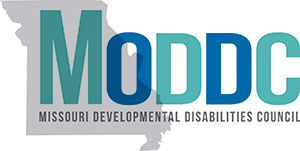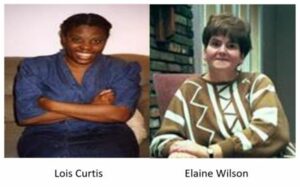"Olmstead” is the last name of a person. That person was part of an important court case called Olmstead versus L.C., which was decided in 1999.
Two women from Georgia who have disabilities (Lois Curtis and Elaine Wilson) wanted to live in their community, not in an institution. But Tommy Olmstead, who worked for the state government, would not let them live where they wanted. The Supreme Court said the women should not have to live in an institution.
The Supreme Court said states can’t keep people with disabilities from living, working, or interacting with people who don’t have disabilities. The court said people with disabilities have the right to make their own decisions about their lives. The United States Constitution and a law called the Americans with Disabilities Act give people with disabilities these rights.


